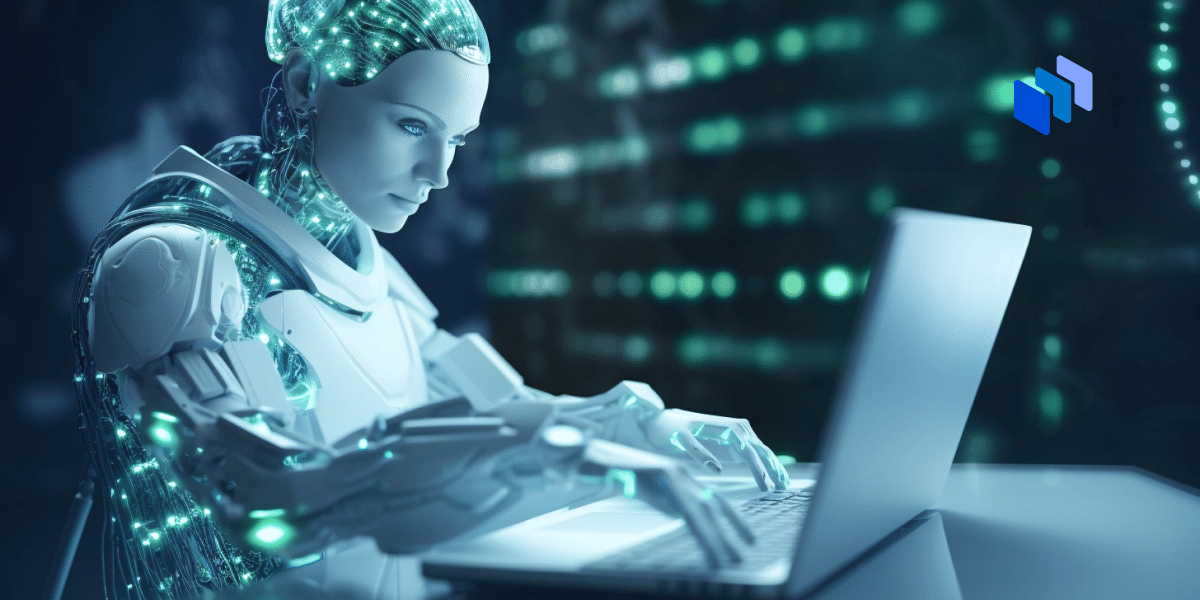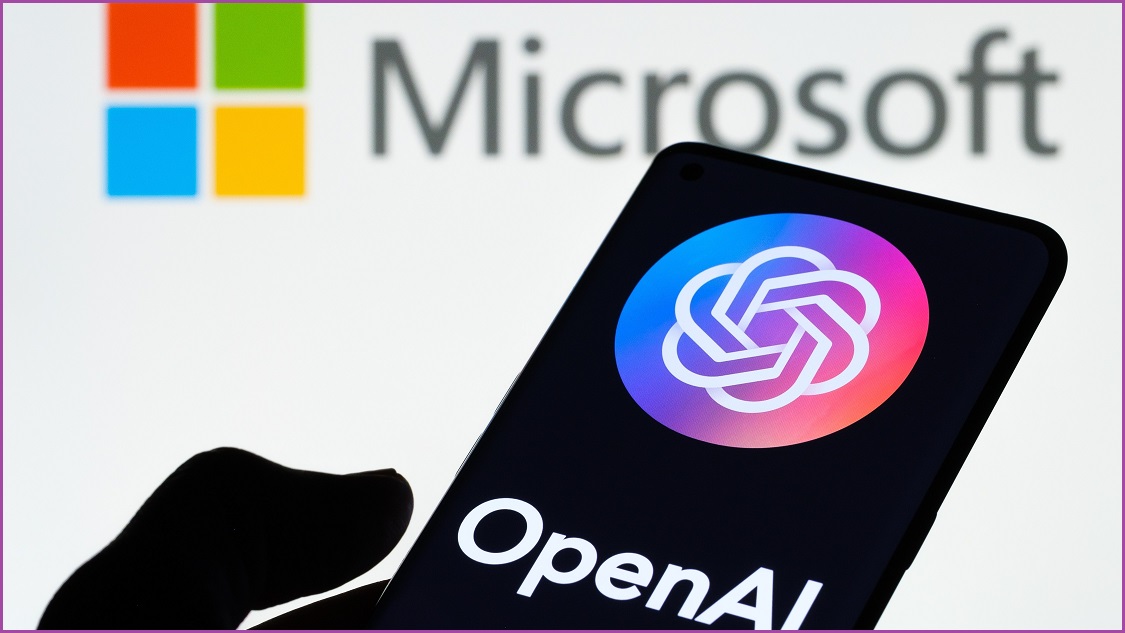Two 80-something journalists tried ChatGPT. Then, they sued to protect...
When two octogenarian buddies named Nick discovered that ChatGPT might be stealing and repurposing a lifetime of their work, they tapped a son-in-law to sue the companies behind the artificial intelligence chatbot. Veteran journalists Nicholas Gage, 84, and Nicholas Basbanes, 81, who live near each other in the same Massachusetts town, each devoted decades to reporting, writing and book authorship.
The Lawsuit and Allegations
Gage poured his tragic family story and search for the truth about his mother's death into a bestselling memoir that led John Malkovich to play him in the 1985 film “Eleni.”  Basbanes transitioned his skills as a daily newspaper reporter into writing widely-read books about literary culture. Basbanes was the first of the duo to try fiddling with AI chatbots, finding them impressive but prone to falsehoods and lack of attribution. The friends commiserated and filed their lawsuit earlier this year, seeking to represent a class of writers whose copyrighted work they allege “has been systematically pilfered by” OpenAI and its business partner Microsoft.
Basbanes transitioned his skills as a daily newspaper reporter into writing widely-read books about literary culture. Basbanes was the first of the duo to try fiddling with AI chatbots, finding them impressive but prone to falsehoods and lack of attribution. The friends commiserated and filed their lawsuit earlier this year, seeking to represent a class of writers whose copyrighted work they allege “has been systematically pilfered by” OpenAI and its business partner Microsoft.
The Broader Legal Context
Now their lawsuit is subsumed into a broader case seeking class-action status led by household names like John Grisham, Jodi Picoult and “Game of Thrones” novelist George R. R. Martin; and proceeding under the same New York federal judge who’s hearing similar copyright claims from media outlets such as The New York Times, Chicago Tribune and Mother Jones. What links all the cases is the claim that OpenAI — with help from Microsoft's money and computing power — ingested huge troves of human writings to “train” AI chatbots to produce human-like passages of text, without getting permission or compensating the people who wrote the original works.
Industry Responses and Legal Challenges
The chief executive of Microsoft’s AI division, Mustafa Suleyman, defended AI industry practices at last month’s Aspen Ideas Festival, voicing the theory that training AI systems on content that’s already on the open internet is protected by the “fair use” doctrine of U.S. copyright laws.
Suleyman said it was more of a “gray area” in situations where some news organizations and others explicitly said they didn’t want tech companies “scraping” content off their websites.  “I think that’s going to work its way through the courts,” he said.
“I think that’s going to work its way through the courts,” he said.
Implications and Future Concerns
Deemed too similar to lawsuits filed late last year, the Massachusetts duo's January complaint has been folded into a consolidated case brought by other nonfiction writers as well as fiction writers represented by the Authors Guild. That means Gage and Basbanes won't likely be witnesses in any upcoming trial in Manhattan's federal court. But in the twilight of their careers, they thought it important to take a stand for the future of their craft.
In other words, ChatGPT couldn't do what these journalists did. And that's what worries them - the potential impact on the future of writing and journalism.
Licensing Agreement
The Associated Press and OpenAI have a licensing and technology agreement that allows OpenAI access to part of AP’s text archives.










